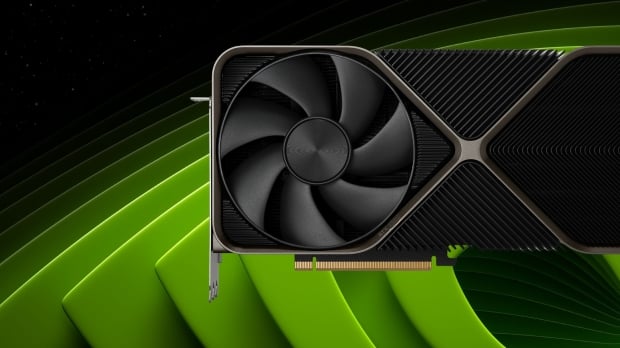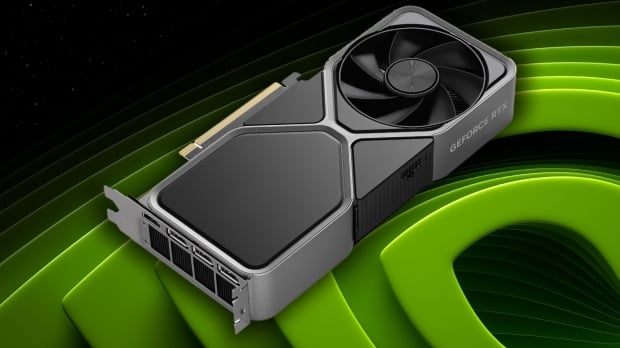With CES 2025 around the corner, NVIDIA's upcoming Blackwell-powered GeForce RTX 50 Series line-up is starting to take shape. According to sources, the company will launch as many as four SKUs within the first few months of 2025, beginning with the flagship GeForce RTX 5090 and RTX 5080 in January.

In addition, NVIDIA is reportedly planning to quickly follow up its flagship duo with the GeForce RTX 5070 and RTX 5070 Ti, with specs for both of these cards painting a clearer picture of how the Blackwell generation is going to stack up against the current Ada Lovelace GeForce RTX 40 Series.
Looking at the specs of the GeForce RTX 5070, which will feature a CUDA Core count of 6400, 12GB of GDDR7 memory, and a TGP of 250W, the mid-range GPU only features an 8.7% increase in its core count compared to the GeForce RTX 4070, with 10.7% fewer cores than the GeForce RTX 4070 SUPER refresh.
Here's a look at the current specs.
| GPU | GeForce RTX 5060 | GeForce RTX 5070 | GeForce RTX 5070 Ti | GeForce RTX 5080 | GeForce RTX 5090 |
|---|---|---|---|---|---|
| Architecture | Blackwell | Blackwell | Blackwell | Blackwell | Blackwell |
| Chip | - | GB205 | GB203 | GB203 | GB202 |
| CUDA Cores | - | 6400 | 8960 | 10752 | 21760 |
| RT Cores | - | - | - | - | - |
| Tensor Cores | - | - | - | - | - |
| Base Clock | - | - | - | - | - |
| Boost Clock | - | - | - | - | - |
| Memory | - | 12GB GDDR7 | 16GB GDDR7 | 16GB GDDR7 | 32GB GDDR7 |
| Memory Interface | - | 192-bit | 256-bit | 256-bit | 256-bit |
| TGP | - | 250W | 300W | 400W | 600W |
What this means for performance is speculative, as clock speeds and memory bandwidth will affect how well the new GeForce RTX 5070 performs compared to the GeForce RTX 4070. Based on how previous GeForce RTX generations have gone, the hope is it will be able to match the GeForce RTX 4080 for PC gaming; however, that remains to be seen.
Also, this doesn't factor in improvements to ray-tracing and a potential DLSS 4 that could be exclusive to the Blackwell generation.
Interestingly, the GeForce RTX 5070 Ti presents a significant spec increase over the RTX 5070, with a whopping 40% higher CUDA Core count. The 8960 is still 7.9% lower than the GeForce RTX 4080's 9728 CUDA Core count, but performance should theoretically sit somewhere between the RTX 4080 and RTX 4090 - closer to the latter.
The GeForce RTX 5070 might only present a modest upgrade over the existing RTX 4080; time will tell. Ultimately, the RTX 5070's value will come down to performance and price. The current GeForce RTX 4070 is a powerful and capable gaming card, and the RTX 5070 might be one of the only models that will get some direct competition from AMD and Intel - so we will be keeping an eye on it.
- Read more: NVIDIA to launch 4 new RTX 50 series GPUs in early 2025: RTX 5090, 5080, 5070 Ti and 5070
- Read more: NVIDIA GeForce RTX 5070 Ti leaked specs tease 8960 CUDA cores and 300W power
- Read more: NVIDIA GeForce RTX 5090 details: GB202 GPU is 744mm2, around 22% larger than AD102 in RTX 4090
- Read more: NVIDIA confirms that there's a GeForce RTX GPU shortage as we head into the holidays



